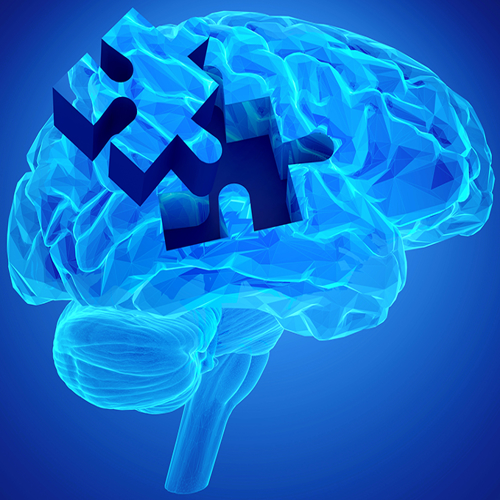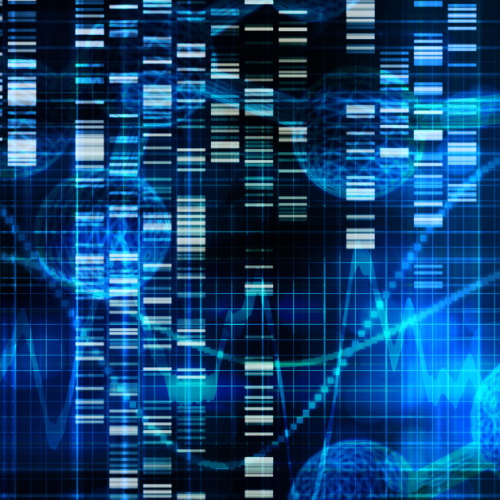Key points from article :
Alzheimer’s disease (AD) has been a notoriously hard problem to crack, despite major R&D investment.
Decreased expression of the Cav-1 gene is associated with learning and memory deficits in transgenic AD mice.
Researchers attempted to upregulate it in hippocampal neurons using viral vector, AAV (adeno-associated virus).
They persistently produce the protein and can even survive cellular division.
Caveolin-encoding gene was designed to be expressed only in the presence of synapsin.
Virus-based gene therapy can produce lasting effects even after a single treatment.
Treatment was able to significantly rescue learning and memory abilities.
Preserved MRLs morphology and several markers of normal neuronal function.
Even better results in combination with treatments that target Aβ and tau pathologies.
Can treat not just AD but also other forms of neurodegeneration of different or unknown etiology.
Study by University of California San Diego published in Molecular Therapy-Methods & Clinical Development.






